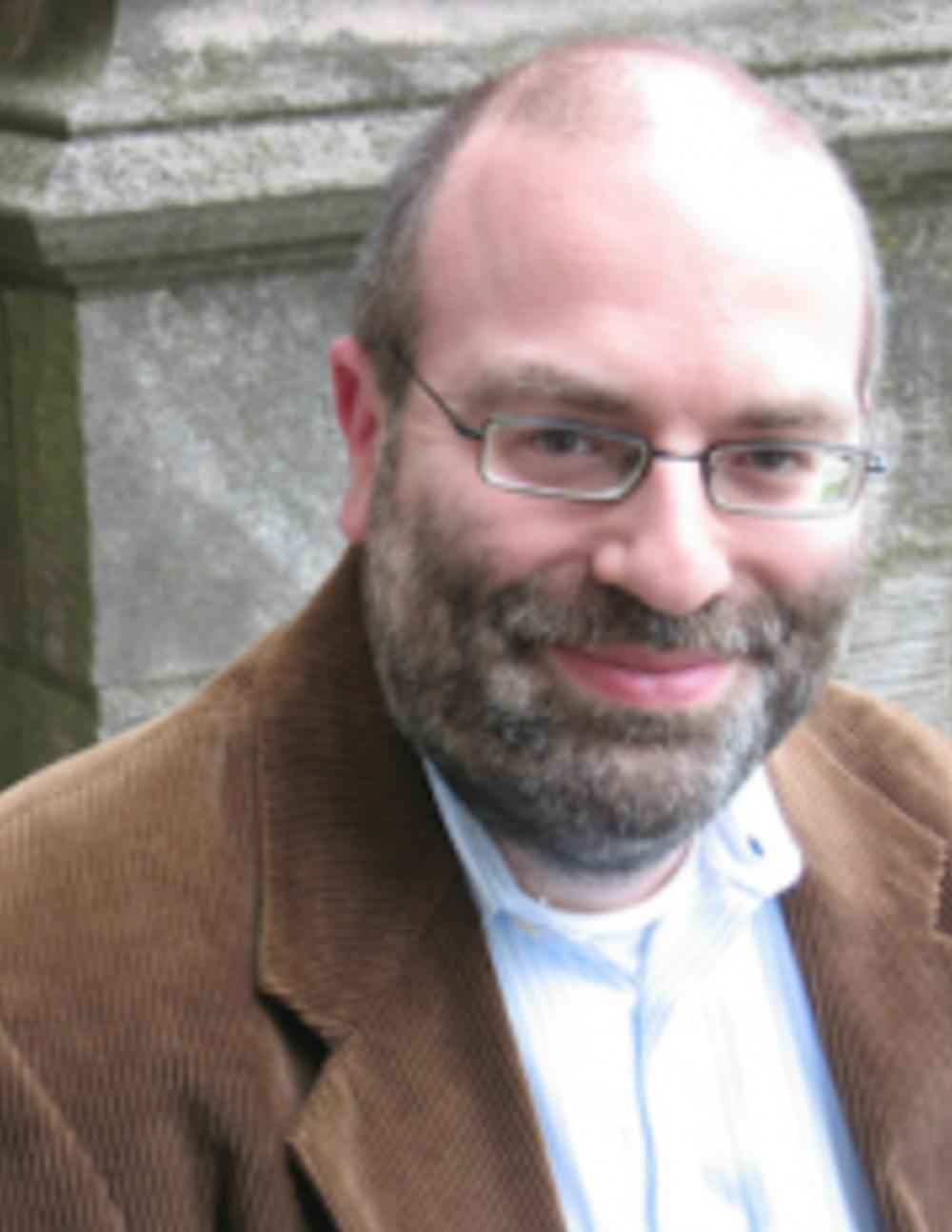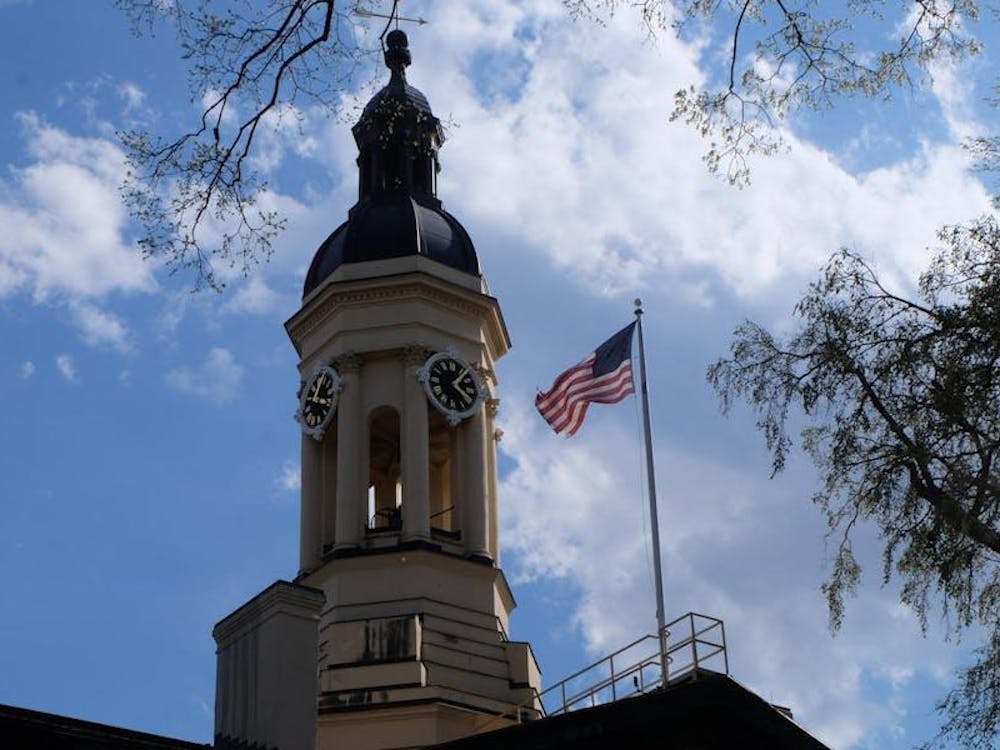Established in 2000 by a gift from University Charter Trustee Lloyd Costen ’50, the Princeton Society of Fellows in the Liberal Arts supports a class of several scholars for a period of three years, providing them with financial and intellectual support. The Society, which has been directed for the last eight years by English professor Susan Stewart, will continue next year under the directorship of history professor Michael Gordin, according to a University press release.
After earning his A.B. and Ph.D. in the history of science from Harvard, Gordin was also a member of the Harvard Society of Fellows from 2001 to 2003 and 2004 to 2005. He has been a professor at the University since 2003, and he served as the inaugural director of the Fung Global Fellows Program. Gordin has also been associated with the Princeton Society of Fellows as a faculty fellow, and teaches courses on the history of science, pseudoscience, Einstein, and nuclear weapons.
Gordin said that he originally learned that the position would be open when he heard that Stewart would be stepping down as director. He said that Eric Gregory, the chair of the Council of the Humanities at the University, asked Society affiliates for recommendations to fill the position. While Gordin didn’t apply directly for the position, he expressed both interest and enthusiasm when his name was put forward.
He thought that his experience with the Harvard Society of Fellows would certainly be helpful during his tenure as director, though he noted several differences between the two groups. While both groups are postdoctoral societies modeled off British equivalents at Cambridge and Oxford, they have vast differences in terms of composition.
“The Harvard [Society of Fellows] is also three years long, but it’s very different from the Princeton one in that it’s, first of all, sciences and humanities, so all fields are basically open,” Gordin explained.
While the Harvard Society selects between 10 and 15 fellows each year, the Princeton Society of Fellows selects four to five in the humanities and social sciences, a select group chosen from between 700 and 1,200 applicants each year. Gordin also noted that the goals of the two organizations are different.
“There’s no teaching whatsoever at the Harvard Society, whereas at Princeton, part of the mission of [the Society] is to integrate the fellows into the pedagogical mission of the University,” he said. “At Harvard, it is absolutely not to do that; they are kept apart.”
At Princeton, each fellow is required to teach one course per semester for five of the six semesters covered by the fellowship, according to Gordin. The scope of these courses is broad, ranging from introductory freshman seminars to upper-level electives, though all fall under the umbrella of either the social sciences or humanistic studies.

The Society currently doesn’t have fellowships in the natural or biological sciences, except for one associated fellowship in astrophysical sciences. While Gordin believes the structure of the Society will likely remain the same, he expressed appreciation for the existing natural sciences fellowship.
“The astrophysicist is a wonderful tradition. It takes one of the more philosophically inclined fields in the sciences and has, to date, proven very effective for people talking across disciplinary borders.”
Still, Gordin said that a group the size of the Princeton Society is likely more suited to a fine focus on depth of conversation, and thought that it would be difficult to include more disciplines.
“Interdisciplinary conversation between scientists and humanists is not always that easy to maintain. I don’t know how well that would work in a much smaller society,” Gordin explained.

Gordin also noted differences with the Fung Global Fellows Program. He explained that the Fung program targets a more professionally developed audience of junior faculty members at international universities and tries to provide them with a common idea to work on for one year.
“The idea to focus on a common topic was to turn it more into a directed seminar, which I think you can do very well for one year ... but since the Society has people for three years, it would be difficult to find a topic,” Gordin explained.
When discussing his own ideas for the society going forward, Gordin said that he hopes to make the group’s discussions and projects more widely known on campus, which he thinks may take some time to change. He also noted that a new executive director for the program is currently being selected and said that he hopes the search will be done within a month.








